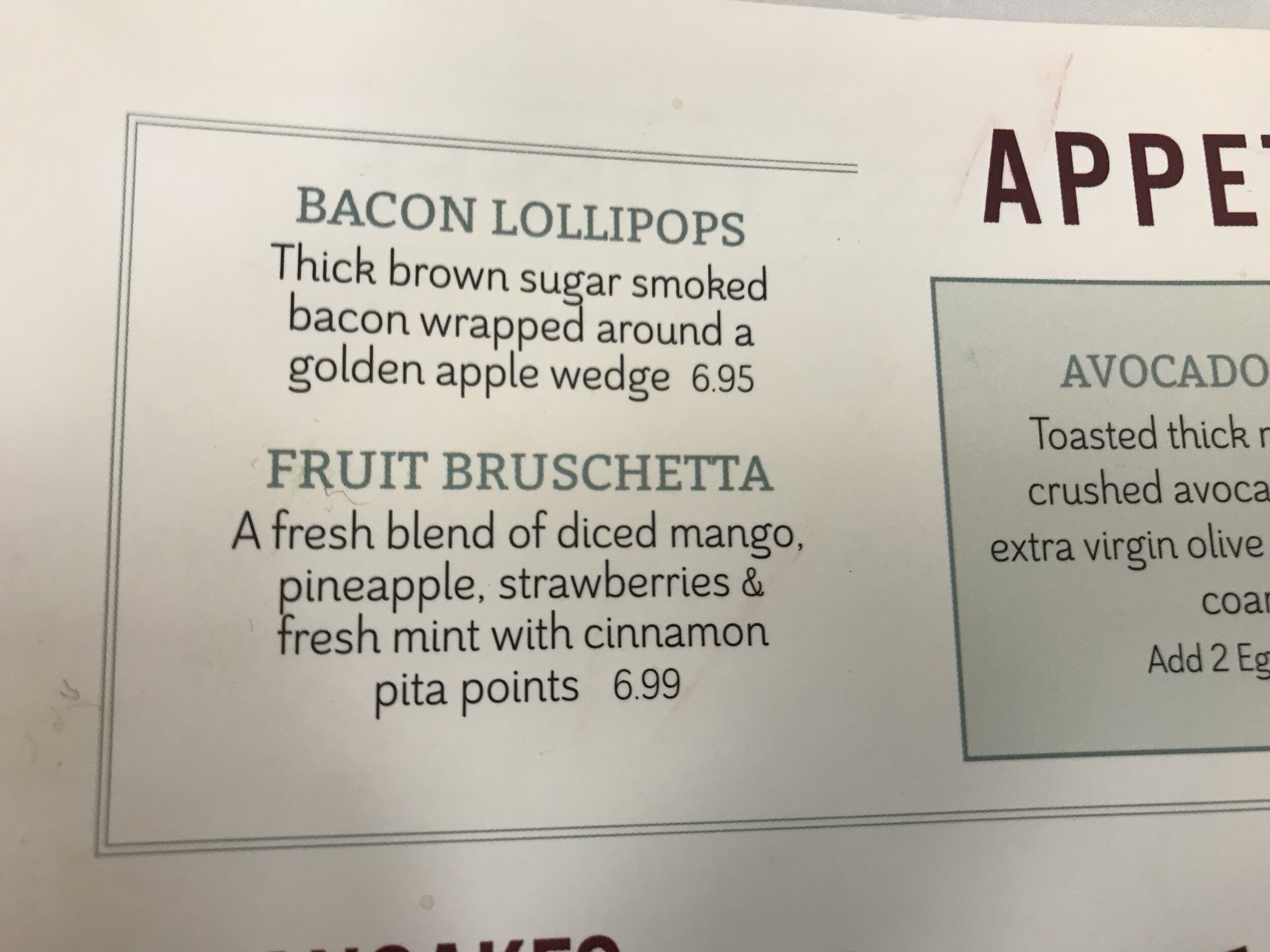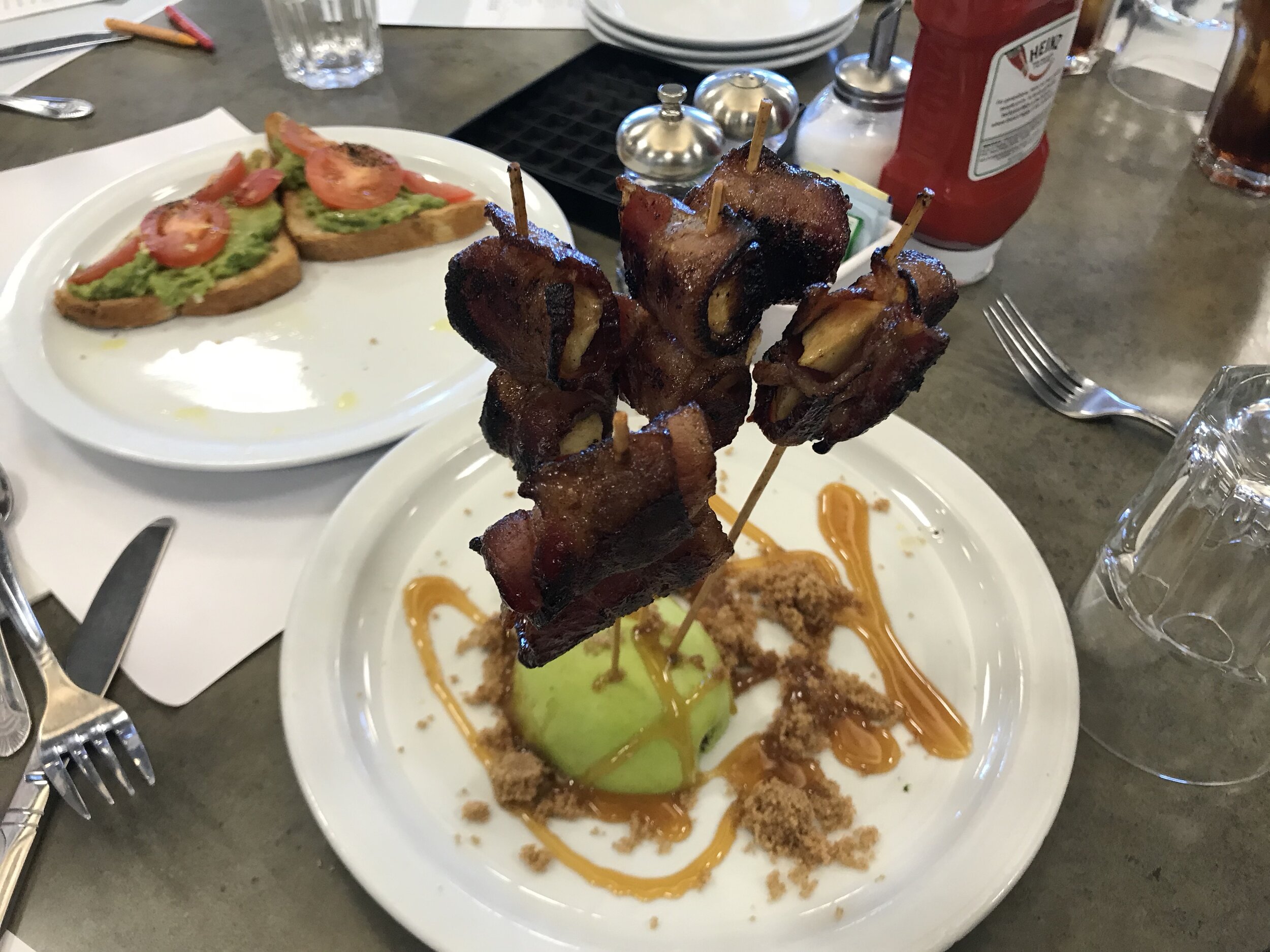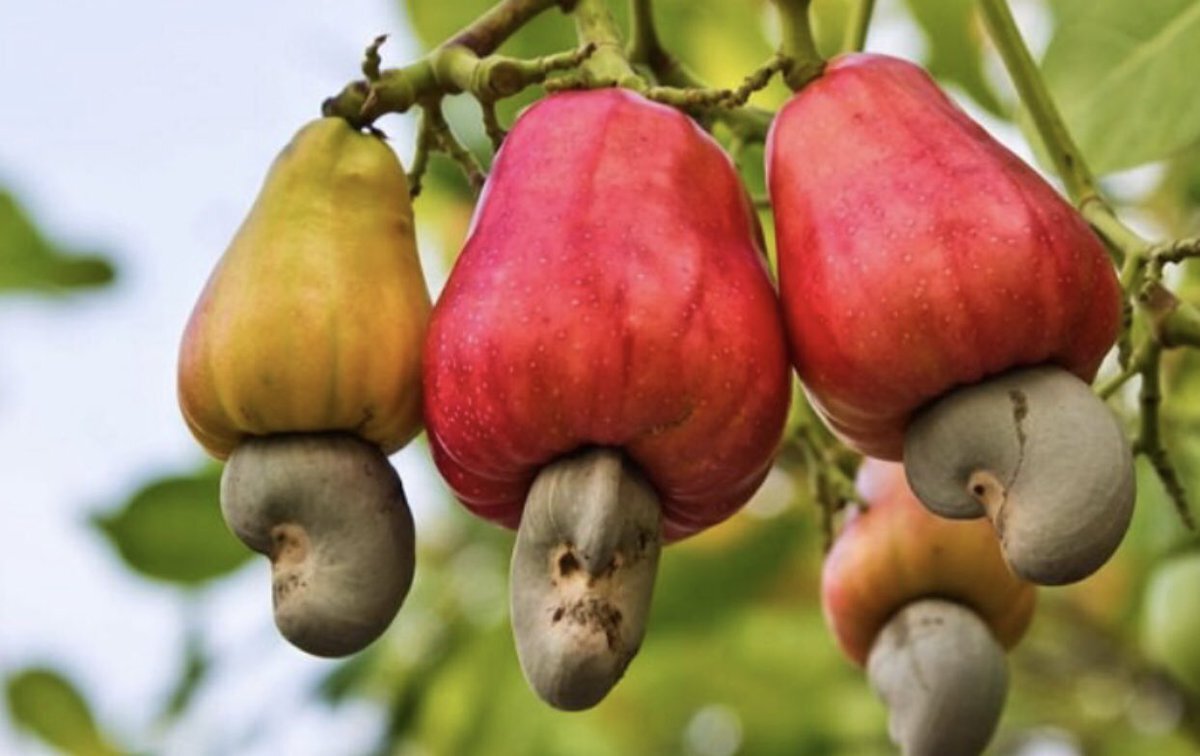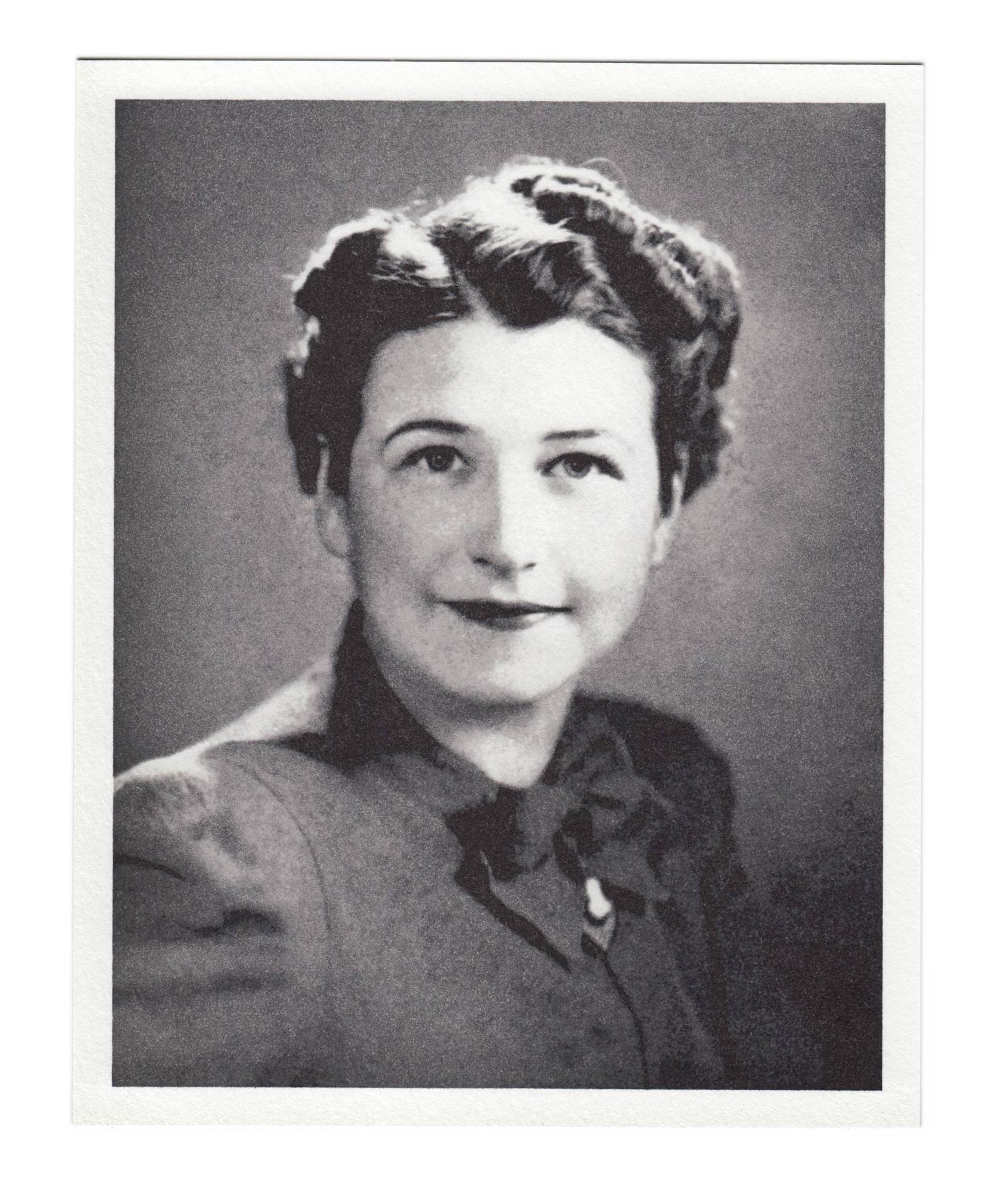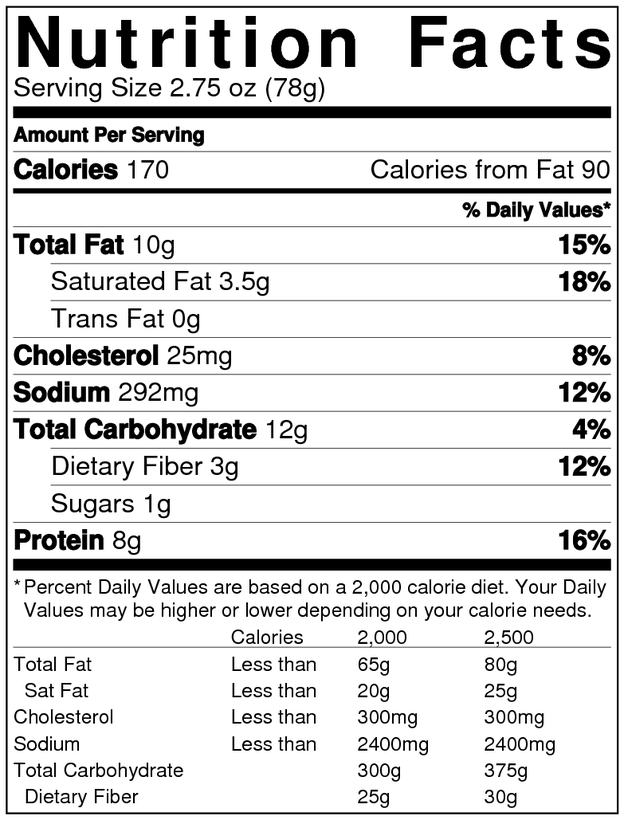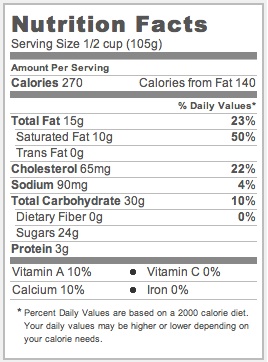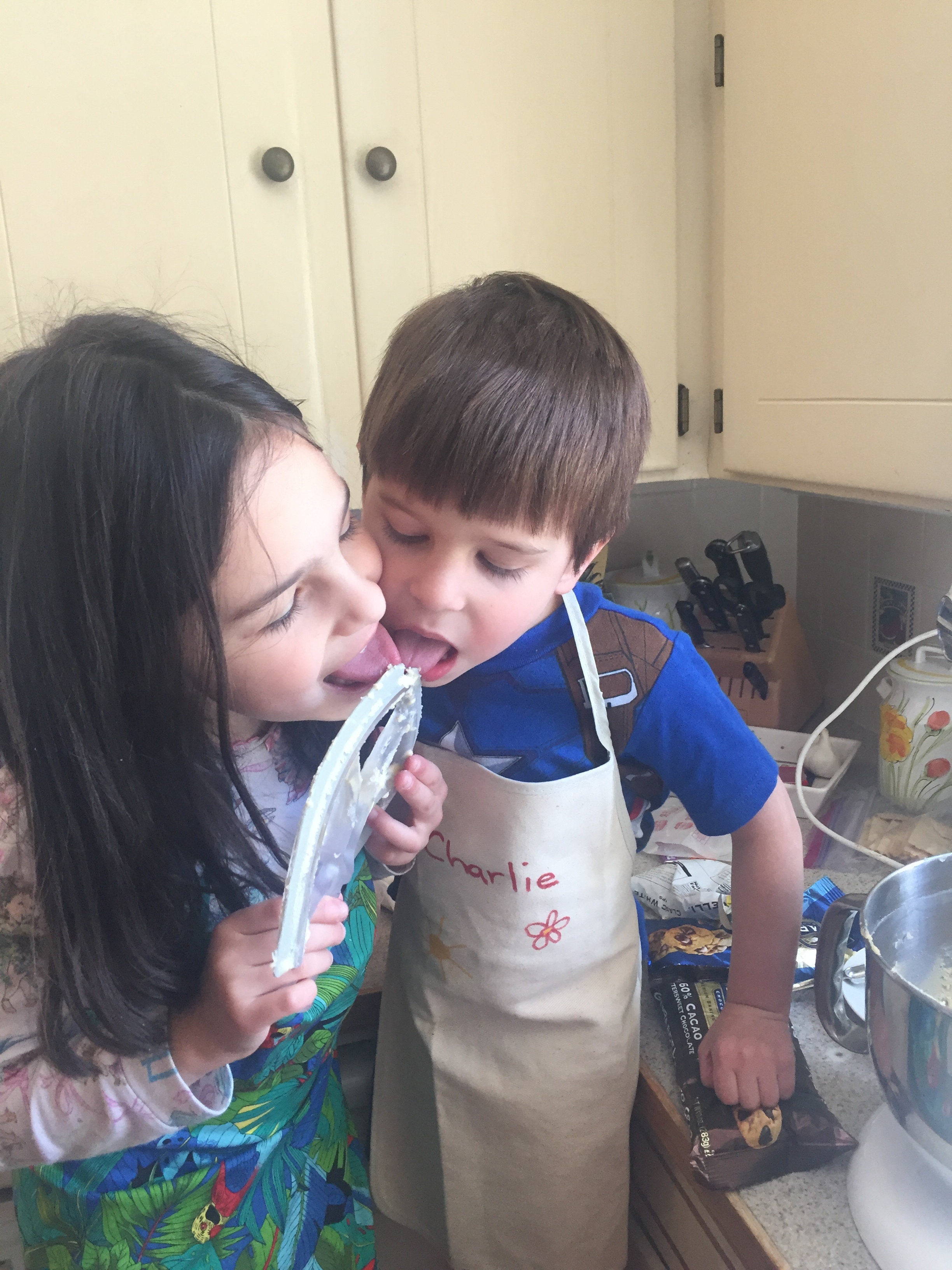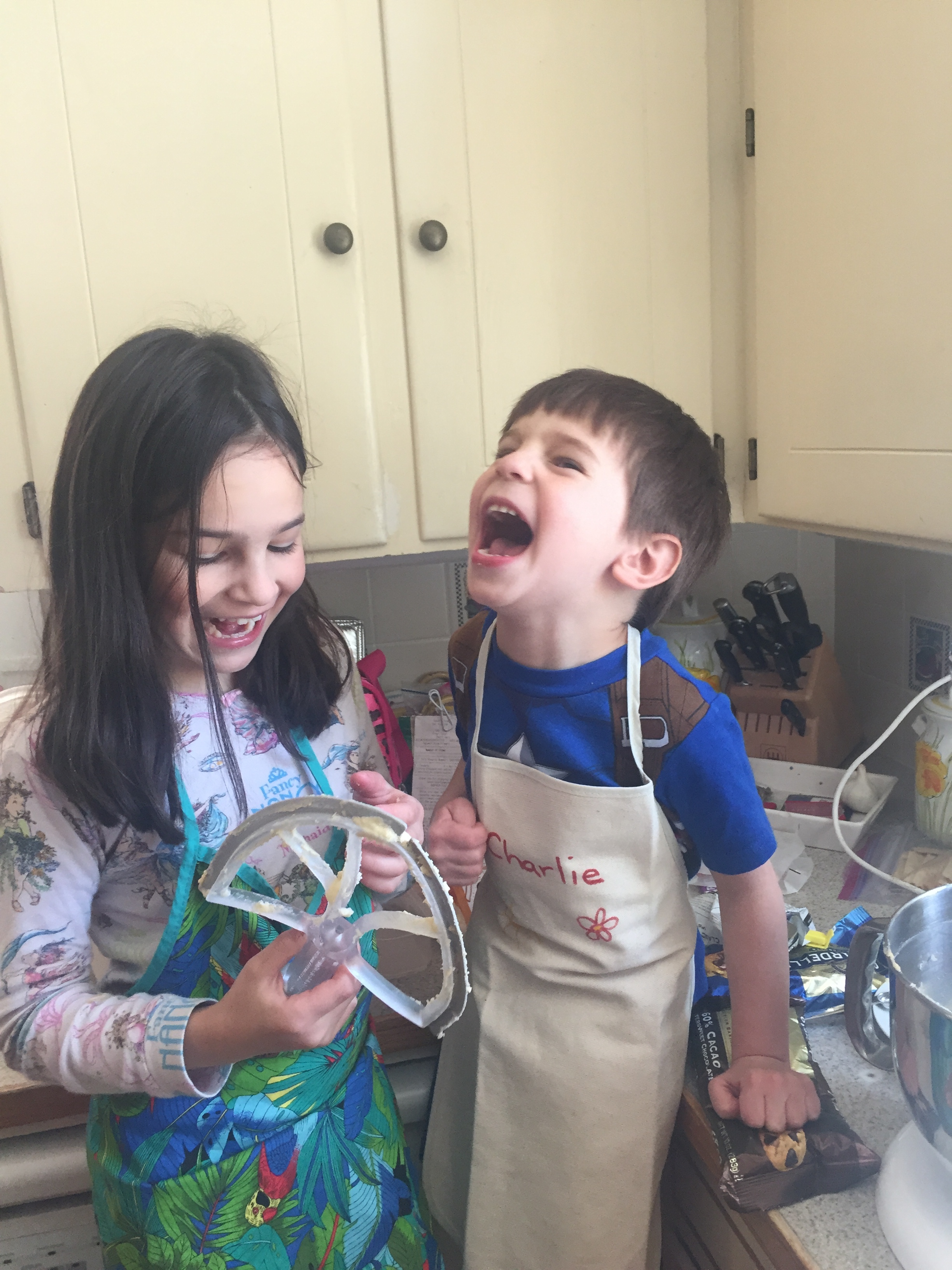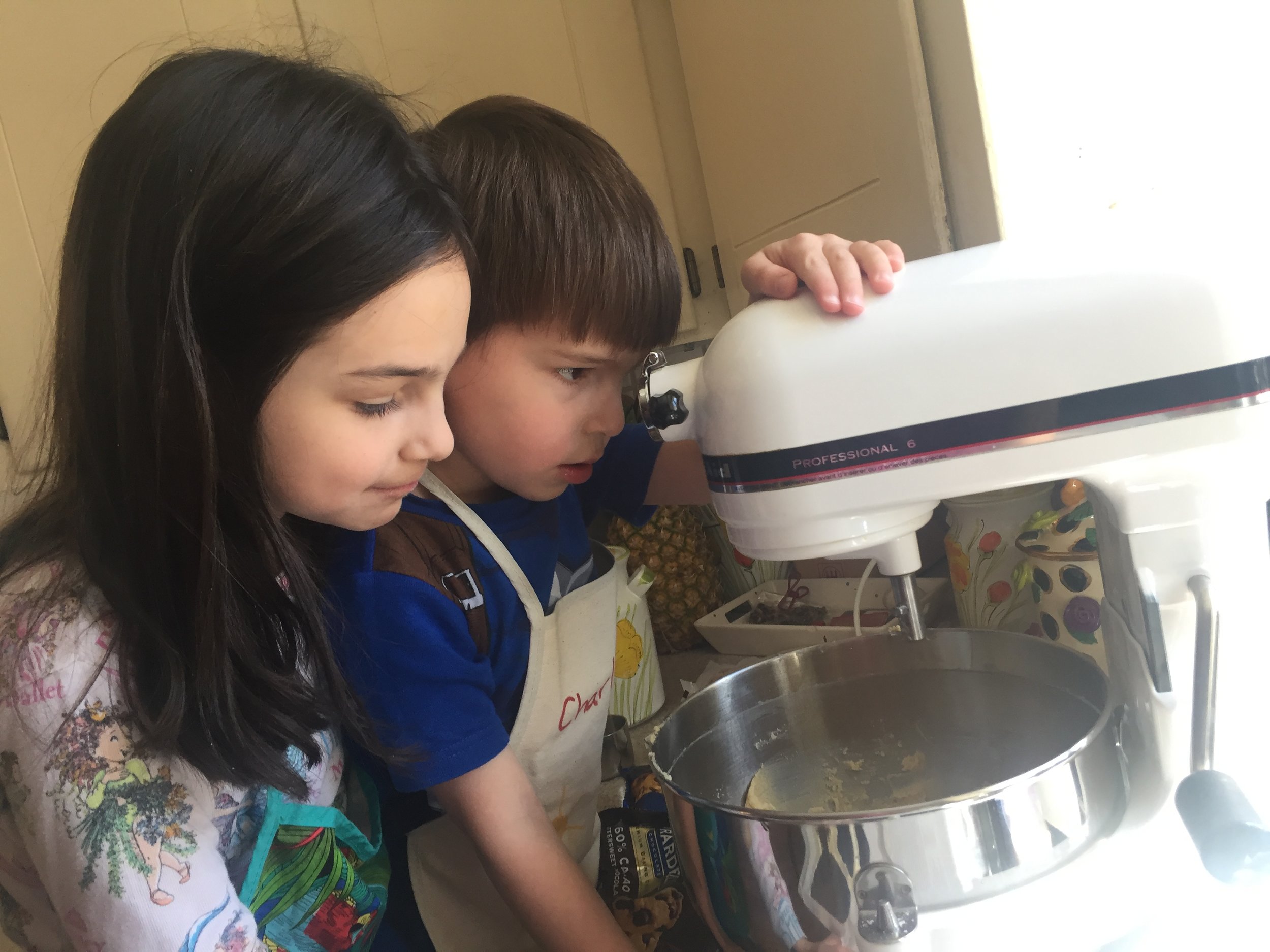I could run a turn on 10:1, and it was unbelievable
/Back in the day, I could run a turn on 10:1 by myself.
10:1 is the meat used in a McDonald’s hamburger and cheeseburger, so named because there are ten beef patties to a pound.
To cook a McDonald’s cheeseburger back in the day, you laid up to 12 patties on the grill and seared them to the surface with a searing tool. Then you turned and toasted the top half of the buns. As the buns toasted, you turned back to the grill, where the meat patties were ready to be turned. After turning the meat, you then removed the buns from the toaster and replaced them with the heels of the buns. Then, as the meat cooked on the other side, you dressed the toasted buns with mustard, catsup, onions, pickles, and cheese.
In order to determine how many cheeseburgers versus hamburgers you would make, you shouted to the person up front, who knew better than you what was needed. “Cheese on twelve?” you’d ask, then someone would respond with a number.
You’d complete the process by removing the meat from the grill, placing each patty atop the dressed buns, and then removing the heels from the toaster with a large spatula, and sliding them atop. Then you’d pass the tray of completed burgers forward, where someone in front would wrap them.
This entire process took less than three minutes. It usually required two people but could be done by one skilled person.
But sometimes burgers were needed at a more rapid clip, so a turn was required. When running a turn, you placed a second set of 12 meat patties down after turning the first and began toasting a second set of buns as the set were removed from the toaster.
Essentially, you completed the same process twice in the same amount of time.
A turn always required two people and often three. One person managed the grill. Another toasted buns. A third dressed the buns and communicated with the employees up front.
But I could run a turn on 10:1 on my own. Solo. I was the only person able to do this, making me exceptionally valuable in the restaurant. Even though I began my career as a counter and drive thru person, I eventually found myself during the busiest times of day flipping burgers in the back because I was so cost-effective in terms of labor. It was so extraordinary that managers from other stores would visit our restaurant to witness my feat and attempt to reproduce it on their own stores with no success, and when I was sent to other stores to work, people would watch in awe as I cooked.
It wasn’t that I was a superhero or especially skilled. I simply had the ability to automatize the process so fully that I never stopped moving and managed to eliminated every single unnecessary step. I was able to work quickly and efficiently with exceptional focus and without pause for lengthy periods of time without distraction.
I also wanted to be great, and this was probably the most important part. Even though it was only McDonald’s, I saw an opportunity to do something that no one else had done, so I did it.
I was named Manager of the Year for three consecutive years in my region, from the ages of 18 through 20 (including my senior year in high school), but the award I treasured more was a pin that my boss had made for me that simply read, “Best Grill Man Ever.”
About a year later, the McDonald’s grill was redesigned. Microwave ovens were installed, grills were converted into automated monstrosities that could cook both sides of a burger simultaneously, and meat was pre-cooked and held in warmers.
The premium on speed and efficiency was gone, and with it, my ability to run a turn on 10:1 was obliterated.
It’s weird to have been the best at something - perhaps one of the best ever - only to have that thing eliminated from the world entirely. Nowadays, the phrase “running a turn on 10:1” is probably unknown or forgotten by almost every human being on the planet.
A Google search on the term results in nothing.
For a brief sliver of time, I was able to do something that no one else in my corner of the world could do. My skills were prized and admired, even by the employees who didn’t work in the kitchen.
Then it all went away and was forgotten.
Except it’s not forgotten because every now and again, I find myself running a turn on 10:1 in my dreams, which I did last night. It may not seem like the best way to spend a night of rest, but I kind of love those dreams of a time when something as simple as cooking burgers quickly could be mastered at a high level.

